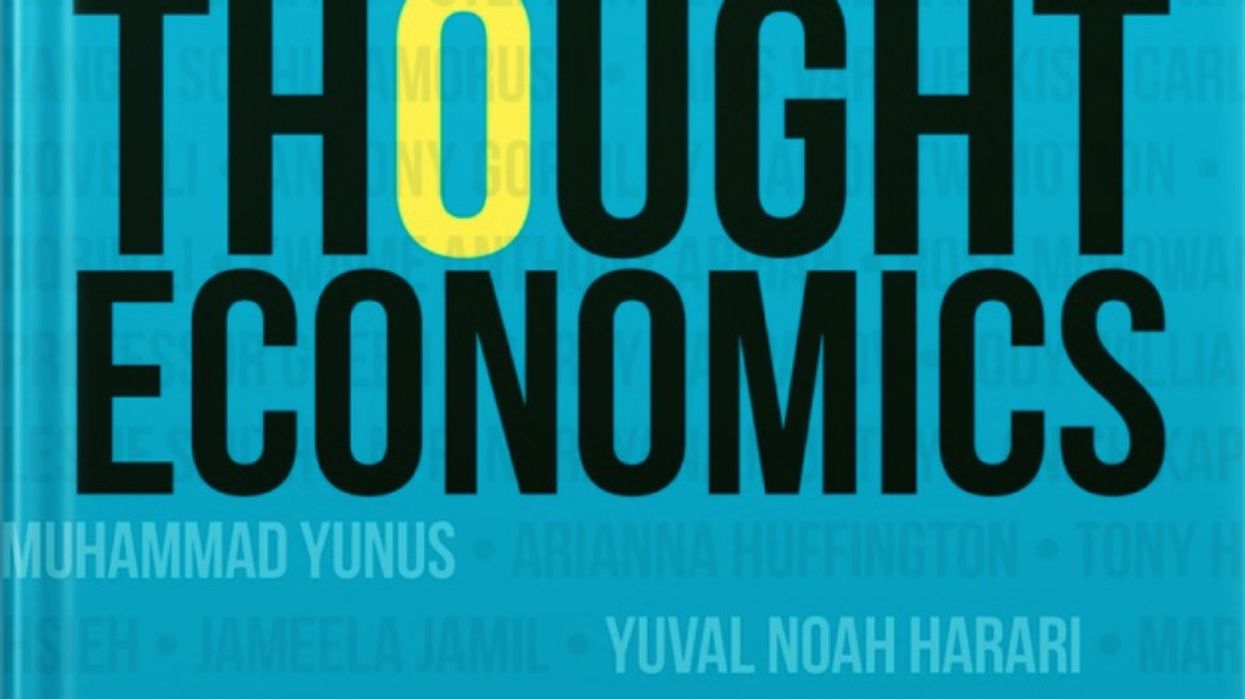ACCLAIMED entrepreneur and philanthropist Vikas Shah has been on a one-man mission to interview interesting people shaping our century.
During the lockdown, he has collected enthralling interviews with great thinkers and brought them together for this stimulating book at an important time, when hope, family, community, arts and culture, and purpose are needed.
The book is an intimate exploration of insights gleaned when a great question is asked of intelligent minds and their unique outlook is presented.
These fascinating conversations explore topics ranging from identity, culture, leadership, entrepreneurship, discrimination and injustice to conflict and democracy.
Shah confesses that he is neither a journalist nor a professional writer, but that it is his thirst for curiosity since childhood which drives him to ask inquisitive and clever questions. This helps ground the book in reality and hence makes it even more relatable to the reader.
Despite not being a trained interviewer, his ability to draw details from his interviewees is impressive, leaving the reader with a broader perspective and perhaps even inquiring for their own answers to some of the bigger questions that concern us all.
Notable questions like, “how can we find our identity in the world?”, “can forgiveness take the place of revenge?”, “what can we do to curb social media abuse?” are put to the likes of Elif Shafak, Siddharth Roy Kapur, Hans Zimmer, Rankin, Jameela Jamil and David Baddiel, making the book not only entirely diverse in thought, but also engaging.
The biggest takeaway from these conversations is the timeless wisdom, which makes this book one you can revisit over and over for years to come. There is something in this book for everyone, which could be life-affirming or could prompt your curiosity to take a different direction.
Wonderfully written and accessible to all, this must-read once-in-a-lifetime collection of conversations with incredible minds is an absolute joyful addition to any bookshelf.




